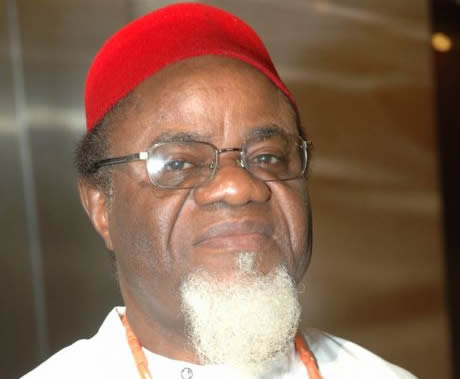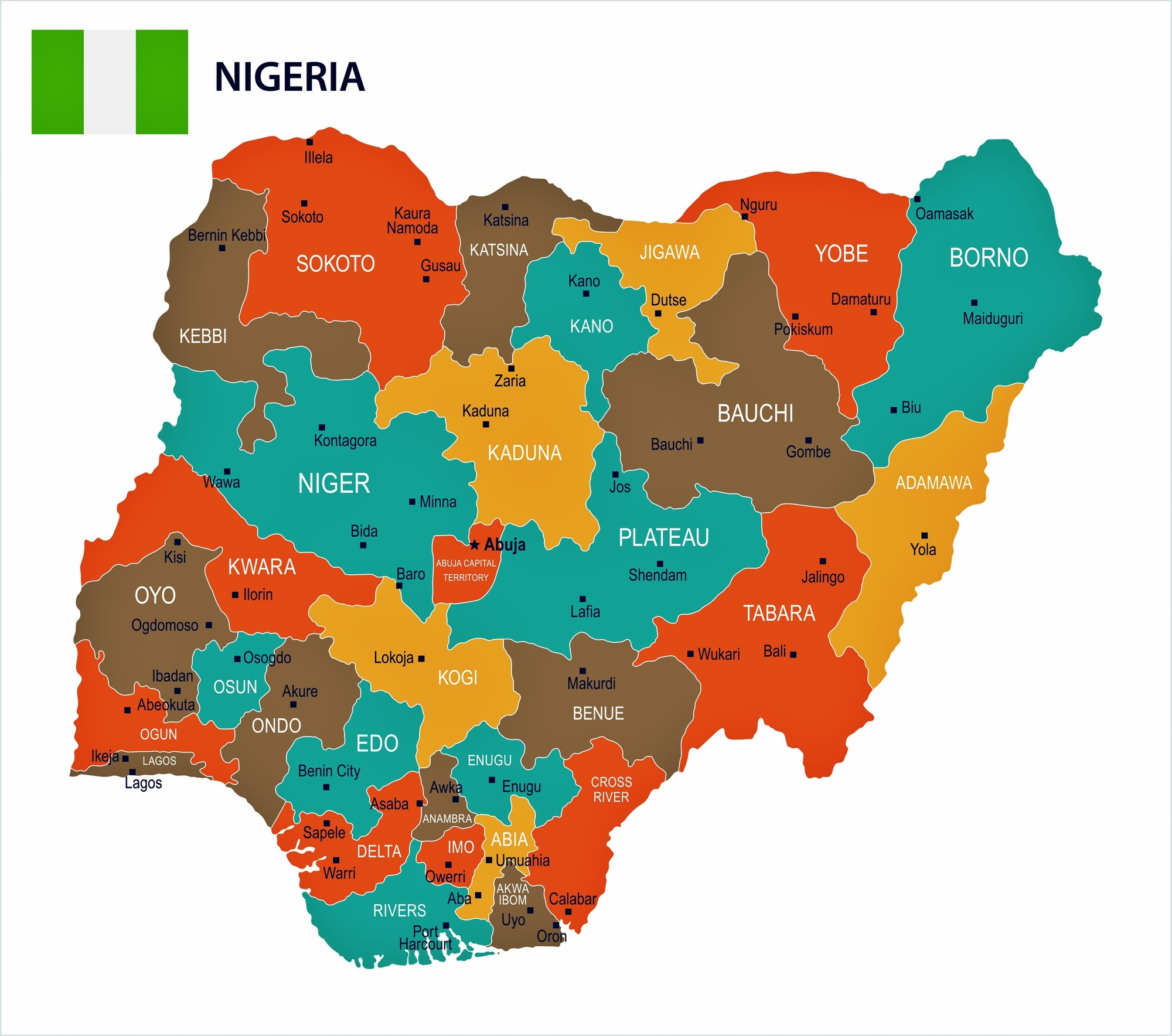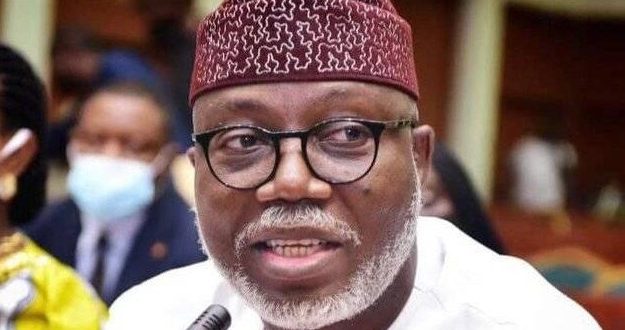How Buhari’s High Political Risk Regime Could Hurt Nigeria’s Energy Investments

By Caleb Adebayo
The events of the last few weeks in Nigeria are a cause for significant concern. In addition to increased reports of kidnappings, rape, and homicide by the notorious “unknown gunmen,” there were pockets of unrest in the South-Eastern part of the country and reprisals by the Nigerian military.
In quick succession, the country’s President, Muhammadu Buhari, tweeted threats referencing the South-Easterners in the country, saying “those who went through the [civil] war in Nigeria will treat them in the language they understand,” a euphemism for military action against that demography.
The tweet has been since deleted by Twitter, as it was judged to violate its abusive behaviour policy. Responding to this, the Buhari-led government implemented a ban on the micro-blogging platform across the country and further threatened to prosecute anyone still using the platform afterwards. Worse off, this move was supported by the country’s attorney general.
Political risks are a real headache for investors in emerging markets. As such, prior to investing there, investors undertake extensive due diligence to ensure that such risks are adequately addressed or mitigated. Where the costs of mitigating or addressing outweigh the benefits, they simply move to another market.
Nigeria’s political risks have soared in the last year alone, added to the high corruption levels. The Transparency International 2020 Corruption Perception Index places Nigeria at 149, 74 points below neighbouring Ghana. Little wonder Nigeria is bypassed for investments increasingly going to Ghana.
Foreign Direct Investment in Nigeria continues to be led by the oil and gas sector. This means that any factor that affects foreign investment will disproportionately hit the oil and gas sector, affecting players across the value chain and causing the country to lose out on potentially large energy deals.
A 2021 Marsh political risk index placed Nigeria’s political risk in the range of 6.1 to 8 out of 10, the same category with countries like Iran, Afghanistan, Pakistan, and North Korea. An Africa Risk-Reward index from 2017 pinpointed it to 7.3, a number which would have very likely risen to hit the top of the range indicated by Marsh, with an imminent possibility of crossing into the political risk red zone where we have countries like Syria.
This comes as no surprise as the country is a cooking pot of political risks, especially under the current administration. At least one instance of the absence of rule of law is evinced by the implementation of a social media ban that stifles freedom of speech for over 200 million people. Human rights breaches also subsist with no redress for victims. Tribal and ethnic differences are propagated at the highest echelons of governance by divisive statements and worse off, the courts are on strike and the government of the day can hardly be bothered.
Additionally, the crime rate has continued to rise with incessant killings, terrorist attacks, kidnappings, and other ills. David Bruckmeier, a sub-Saharan business intelligence analyst at London-based political risk firm, AKE Group, says about Nigeria, “Bureaucracy, pervasive corruption, an unfavourable tax system and disputes with investors hurt investment.”
Investors are wary, and understandably so. In a country where the rule of law is not respected and human rights are stifled, expropriation of multi-million dollar private assets is a significant possibility. Indeed Section 25 of the Nigerian Investment Promotion Commission (NIPC) Act assures investors that “no enterprise shall be nationalized or expropriated by any Government of the Federation,” however for a country that can in less than 24 hours overrule a fundamental human right of citizens because the President is aggrieved, it is not impossible for this provision to be swept under the carpet, especially as sub-section 2 of the Section allows for expropriation where it is for “national interest” or a “public purpose,” two terms that give enough leeway for expropriation to in fact happen.
Further, the provision speaks of the right of access to courts to determine investors’ rights, yet the courts are currently shut down across the country and have been so for weeks now.
If it is any pointer to how bad it gets, foreign equity investments between 2013 and 2018 in the country fell from around $2.9 billion to $139 million in 2018, a statistic that should ordinarily worry any well-meaning government. Shanker Singham, CEO of the Competere Group, a legal and trade advisory firm in London says, “The erosion of Nigeria’s commitment to the rule of law is highly worrying, both from a political and an economic perspective.”
Indeed, the political risks continue to spill over to economic and commercial decisions, government side – and negatively so. Things like currency devaluation, lack of access to foreign exchange for repatriation, and failure of government to honour contracts or the outcome of legal proceedings have continued to plague investor activity in the country.
With shrinking investments, Nigeria’s economic condition worsens, the debt profile increases and the poverty levels rise. Hopefully, we make a turnaround before things get worse.
The tweet has been since deleted by Twitter, as it was judged to violate its abusive behaviour policy. Responding to this, the Buhari-led government implemented a ban on the micro-blogging platform across the country and further threatened to prosecute anyone still using the platform afterwards. Worse off, this move was supported by the country’s attorney general.
Political risks are a real headache for investors in emerging markets. As such, prior to investing there, investors undertake extensive due diligence to ensure that such risks are adequately addressed or mitigated. Where the costs of mitigating or addressing outweigh the benefits, they simply move to another market.
Nigeria’s political risks have soared in the last year alone, added to the high corruption levels. The Transparency International 2020 Corruption Perception Index places Nigeria at 149, 74 points below neighbouring Ghana. Little wonder Nigeria is bypassed for investments increasingly going to Ghana.
Foreign Direct Investment in Nigeria continues to be led by the oil and gas sector. This means that any factor that affects foreign investment will disproportionately hit the oil and gas sector, affecting players across the value chain and causing the country to lose out on potentially large energy deals.
A 2021 Marsh political risk index placed Nigeria’s political risk in the range of 6.1 to 8 out of 10, the same category with countries like Iran, Afghanistan, Pakistan, and North Korea. An Africa Risk-Reward index from 2017 pinpointed it to 7.3, a number which would have very likely risen to hit the top of the range indicated by Marsh, with an imminent possibility of crossing into the political risk red zone where we have countries like Syria.
This comes as no surprise as the country is a cooking pot of political risks, especially under the current administration. At least one instance of the absence of rule of law is evinced by the implementation of a social media ban that stifles freedom of speech for over 200 million people. Human rights breaches also subsist with no redress for victims. Tribal and ethnic differences are propagated at the highest echelons of governance by divisive statements and worse off, the courts are on strike and the government of the day can hardly be bothered.
Additionally, the crime rate has continued to rise with incessant killings, terrorist attacks, kidnappings, and other ills. David Bruckmeier, a sub-Saharan business intelligence analyst at London-based political risk firm, AKE Group, says about Nigeria, “Bureaucracy, pervasive corruption, an unfavourable tax system and disputes with investors hurt investment.”
Investors are wary, and understandably so. In a country where the rule of law is not respected and human rights are stifled, expropriation of multi-million dollar private assets is a significant possibility. Indeed Section 25 of the Nigerian Investment Promotion Commission (NIPC) Act assures investors that “no enterprise shall be nationalized or expropriated by any Government of the Federation,” however for a country that can in less than 24 hours overrule a fundamental human right of citizens because the President is aggrieved, it is not impossible for this provision to be swept under the carpet, especially as sub-section 2 of the Section allows for expropriation where it is for “national interest” or a “public purpose,” two terms that give enough leeway for expropriation to in fact happen.
Further, the provision speaks of the right of access to courts to determine investors’ rights, yet the courts are currently shut down across the country and have been so for weeks now.
If it is any pointer to how bad it gets, foreign equity investments between 2013 and 2018 in the country fell from around $2.9 billion to $139 million in 2018, a statistic that should ordinarily worry any well-meaning government. Shanker Singham, CEO of the Competere Group, a legal and trade advisory firm in London says, “The erosion of Nigeria’s commitment to the rule of law is highly worrying, both from a political and an economic perspective.”
Indeed, the political risks continue to spill over to economic and commercial decisions, government side – and negatively so. Things like currency devaluation, lack of access to foreign exchange for repatriation, and failure of government to honour contracts or the outcome of legal proceedings have continued to plague investor activity in the country.
With shrinking investments, Nigeria’s economic condition worsens, the debt profile increases and the poverty levels rise. Hopefully, we make a turnaround before things get worse.
* First Published on Nairametrics.







